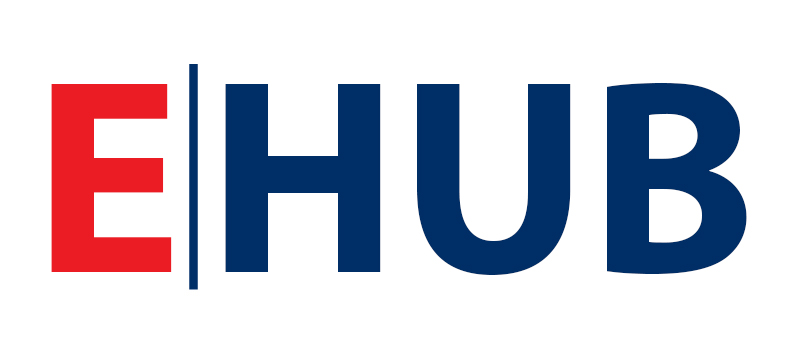The idea of a fourth industrial revolution (4IR) builds on how various stages of the industrialisation of labour have been categorised. Underlying every revolution has been the maturing and integration of scientific advances, whether Newton’s Laws of Motion, using steam to drive engines, discoveries in the fields of electricity, thermodynamics, electromagnetism, the transistor or artificial intelligence, machine learning and robotics.
With the radical change the world is undergoing, there are literacies that people need for 4IR, namely technical, data and human literacies.
“… technical literacy, as everyone has to understand how to work with tech and robots; data literacy, to help interpret ‘the sea of data’ that is now available; and human literacy, which includes identifying what we can do that machines can’t do, such as innovate, understand body language, work in teams and ‘be globally and culturally agile” Aoun, J.E. (2017). Robot proof: higher education in the age of artificial intelligence. MIT Press).
Your formal qualification might have equipped you with one of the literacies but you need to take every opportunity to strengthen your knowledge and skills in other areas to thrive in the digital economy. You have to be prepared to be a lifelong learner as technology growth is exponential.
Lifelong learning includes the ability to learn, unlearn and relearn, which is what is going to help you to thrive in the 4IR.
What do we mean when we say learn, unlearn and relearn?
Some of the most useful insights into learning come from neuroscience. Neuroscience holds that learning results from the creation of neural paths and networks. Just putting in the information from one reading does not establish new knowledge. Every time you have to retrieve the information in a meaningful context, answer a quiz, discuss it with another student, apply it in an assignment, you strengthen a pathway and correct, refine and deepen what you put in.
You might have experienced the flipped classroom at university. Before class you had to read a chapter or watch a video and possibly complete an online quiz. In class, you were asked questions on the work you prepared and had to answer quietly on your own first. You then had the opportunity to discuss your answer with a fellow student. The lecturer might then have discussed the issue further before moving on to the next question. You then had to use the knowledge and skills to do a follow-up assignment.
We learn a great many things through our senses, observation and repetition in our early years but more advanced learning usually requires reading skills. In this day and age, some digital literacy also goes a long way in sourcing information.
For you to be able to learn new things, you have to unlearn certain things. Unlearning has already become one of the most important skills in a rapidly changing marketplace. Some notions have to be consciously unlearnt when we move into formal education or the workplace.
Humans change much more slowly than the pace of technological change, though, so we have to develop a mindset that is open to changing quickly in response to changing contexts and a networked, digital economy.
Lastly, we relearn, which is likely to take place in a specific context of work. You might have opportunities to learn from colleagues or formal training opportunities offered by an employer.
If you look at changing jobs or roles, you learn something new every time, whether it is working with different technologies or different people, or acquiring skills you do not have.
You should take the initiative if you see that your field is changing. As an individual, your learning becomes self-directed. If your gap is on the human side, look for resources that would improve your social skills, your client relationship management and your sensitivity to diversity. Many of the power skills identified by employers relate to human skills: problem-solving, critical thinking, negotiation, networking, team-work, ethical behaviour, creativity and innovation and leadership.
Enterprises University of Pretoria offers a wide range of training and research services. If you wish for us to provide you with more information please contact our management team.
© Copyright Enterprises University of Pretoria


